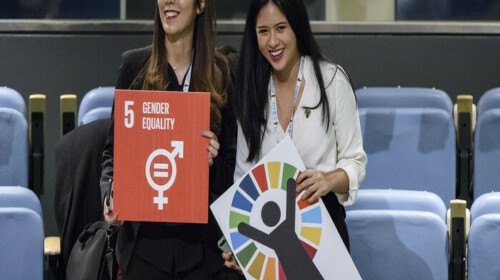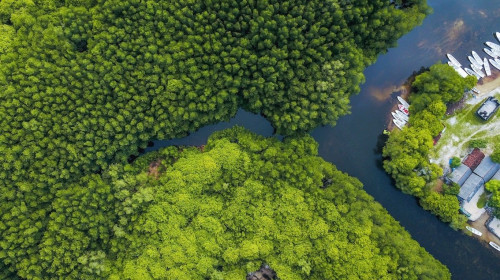Sustainable fisheries are vital for achieving food security, alleviating poverty, and increasing economic growth around the world. Women play a substantial role in the sector, making up nearly half of the overall fisheries sector workforce. Present throughout the value chain, women are found in harvesting, processing, marketing, trading, and leadership roles.
However, persistent gender inequalities prevent women from fully participating in economic opportunities and decision making, ultimately restricting the potential of the sector. Additionally, a limited understanding of women’s unique roles and contributions can result in a lack of recognition of their needs and interests in policies and programs, therefore affecting sustainable development outcomes.
Since women represent a significant part of the fisheries workforce, the sector represents a high-impact opportunity for women’s economic and social empowerment. Evidence shows that interventions to improve women’s entrepreneurial and negotiating skills have strengthened women’s livelihoods through increased income and agency, as well as better social and health outcomes.
From this report, learn more about strategic interventions that have already taken place to address gender-based structural violence in fisheries around the world, while also learning how to construct tools such as a gender analysis, gender action plan, and results chain for an intervention.
This Knowledge Note is a condensed form of a report produced by USAID’s Office of Gender Equality and Women’s Empowerment (GenDev), USAID’s Office of Forestry and Biodiversity (FAB), and the International Union for Conservation of Nature (IUCN). To learn more, please access the full report here.








